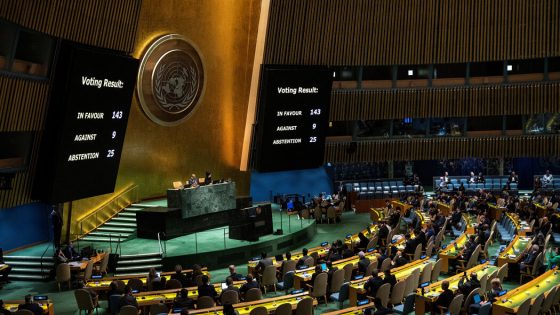It’s hard to say exactly when it started, but it wasn’t too many years ago when players and front offices of both New York teams noticed that the booing had become different. Toxic. And most importantly, counterproductive to success.
Sure, fans had always jeered when disappointed. Derek Jeter and Mariano Rivera heard it in the Bronx, and Carlos Beltran and even David Wright in Queens.
Certainly, Francisco Lindor — recipient of periodic boos during his Mets tenure, and of standing ovations on Friday that the dugout and clubhouse felt deeply — has been far from immune. At one point in 2021, struggling to adjust to it, he and Javy Baez made the ill-conceived thumbs-down gesture in response.
But the past few years have seemed different, as players and executives for the Yankees and the Mets say. As one Mets player put it Friday, “Fans hating on their own players has gone to a new level.”
Simply put, booing at some point went from an expression of disappointment during a player’s slump, to a seeming effort to bully unpopular players off the roster.
On the Yankees, it was Aaron Hicks, Joey Gallo and Josh Donaldson. For the Mets, think Darin Ruf and Daniel Vogelbach. Once the crowd got on them, and stayed on them, those players never had a chance. The Mets and Yankees probably lost games because of it.
It’s not that these players would have necessarily succeeded in New York had they been cheered, but a strange thing happened once they began to struggle: A loud portion of the people who paid good money to attend games, and invested emotional capital in the success of the team, were actively working against that team’s success.
What, exactly, was the point of this? And where was it coming from?
No one has yet come up with an answer to either question. I’ve had long, searching conversations with both Mets and Yankees executives over the past few years about how they can protect their players from this new level of cruelty.
Theories ranged from the deleterious effect of social media on interpersonal discourse, in which otherwise nice people vent their rage and abuse under the cloak of anonymity. Lindor’s wife, Katia Lindor, was recently a victim of a particularly vile example of this, which prompted fans and ultimately owner Steve Cohen to call for these cheers for the slumping shortstop.
We live in anxious, divided times. Folks are angrier about everything, including sports. Could that be it, executives have wondered? Is it class resentment? Backhanded anger over the cost of tickets, parking and concessions?
Ultimately, causality here is impossible to quantify. And in terms of solutions, it is hard to tell the contemporary player to stop looking at his phone, stop reading his mentions, tune out the noise.
But make no mistake, external toxicity is the cause of consternation and discussion within the organizations. In 2022, for example, some Yankees fans booed Aaron Judge during a postseason slump — mere days after Judge provided a generational thrill by besting Roger Maris’ American League record of 61 home runs.
Neither the players nor the staff could believe it. “Why would he want to play here after that?” one Yankees executive said during that postseason.
The Yankees did re-sign Judge, of course, but remained concerned about the emotional impact that fans exert on unproductive players.
Last year, the fans in Philadelphia had the novel idea of cheering the struggling shortstop Trea Turner. The positivity worked, and Turner caught fire for the rest of the season.
This idea fed the recent groundswell of support for Lindor. In the first inning on Friday, when he stepped to the plate batting .098, fans stood and clapped.
I’ll be honest, I wasn’t sure what to think of this. What did an ovation without a preceding accomplishment really mean?
But hearing after the game from manager Carlos Mendoza, Lindor, and other players, it was clear that the team genuinely felt the boost.
While walking out of the interview room, where he had already praised and thanked the fans, Mendoza again mentioned that the ovations lifted morale at the outset of a 6-1 win over a hot Kansas City team. The feeling was clearly authentic.
As Lindor put it a few minutes later, “I’m a better player when my heart is in a happy place. To feel the love of the fans when I’m playing well or playing bad, it fills my heart, for sure.”
Do fans have a right to boo? Of course. Do many GMs and coaches believe that contemporary athletes are more sensitive than ever? They sure do.
But is the goal for anyone who roots for the Mets to see a Mets win?
That one was rhetorical. And it’s obvious that cheering, rather than vicious, persistent booing, is a more productive means toward that end.
Source Agencies


